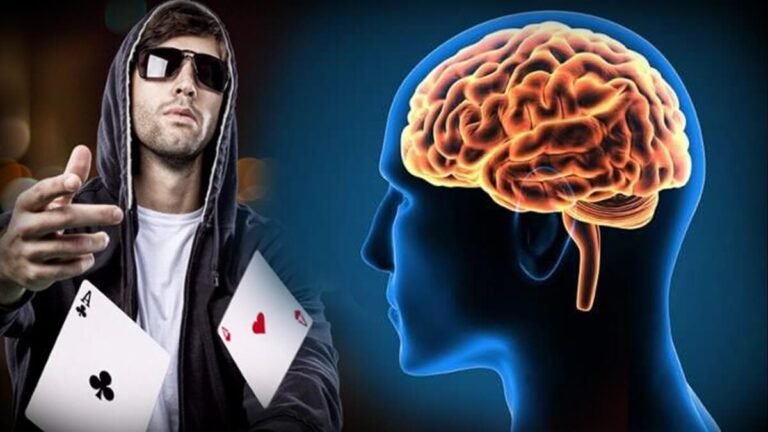
Gambling is an activity that has been around for centuries and is enjoyed by millions of people worldwide. While some gamble for fun, others become addicted to the thrill and excitement of winning. The allure of rewards and the feeling of success that comes with winning can be irresistible to some individuals. This article explores the psychology of reward-seeking in gambling and the impact it can have on individuals.
The Dopamine Effect
One of the reasons gambling can be so addictive is the release of dopamine in the brain. Dopamine is a neurotransmitter that is associated with pleasure and reward. When someone wins at gambling, the brain releases dopamine, creating a feeling of euphoria. This feeling of euphoria can become addictive, causing individuals to seek out more opportunities to experience it. The anticipation of winning also triggers the release of dopamine, which can be enough to keep individuals coming back for more, even when they are losing.
The Illusion of Control
Many individuals who gamble believe that they have control over the outcome of the game. This belief is often reinforced by the fact that some games require skill, such as poker or blackjack. However, even in games that require skill, chance still plays a significant role. The illusion of control can lead individuals to gamble more often and for longer periods, as they believe that they can influence the outcome of the game. This belief can be particularly dangerous for individuals who are already at risk of developing a gambling addiction.
The Near-Miss Effect
The near-miss effect is a phenomenon where individuals are more likely to continue gambling when they come close to winning but do not win. This effect is particularly strong in slot machines, where players may see two of the three required symbols appear on the payline. The near-miss effect triggers the release of dopamine in the brain, creating a feeling of excitement and anticipation. This feeling can be enough to keep individuals gambling, even when they are losing money.
The Role of Reinforcement
Reinforcement is a psychological principle that states that behaviors that are rewarded are more likely to be repeated. In gambling, the rewards are the payouts that individuals receive when they win. The intermittent reinforcement schedule used in gambling is particularly effective in reinforcing behavior. Intermittent reinforcement is when rewards are given randomly and unpredictably, making them more exciting and reinforcing. This schedule of reinforcement can make it difficult for individuals to stop gambling, as they never know when the next reward will come.
The Impact of Losses
The impact of losses in gambling can be significant. Losing money can create a feeling of disappointment, frustration, and regret. However, for some individuals, the feeling of losing can be as addictive as the feeling of winning. The loss-chasing phenomenon is where individuals continue to gamble in an attempt to recoup their losses. This behavior can be particularly dangerous, as it can lead to chasing losses and accumulating more significant debts.
Conclusion
In conclusion, the psychology of reward-seeking in gambling is complex and multifaceted. The release of dopamine, the illusion of control, the near-miss effect, reinforcement, and the impact of losses can all contribute to the development of a gambling addiction. Understanding these psychological principles can help individuals recognize the signs of a gambling addiction and seek help when needed. If you or someone you know is struggling with a gambling addiction, seek professional help immediately.